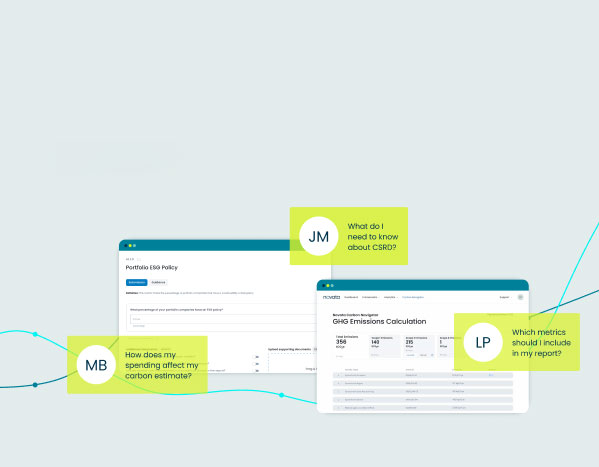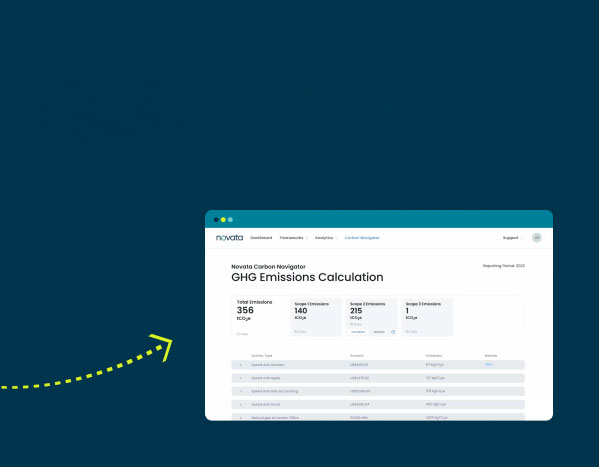Today–Tuesday, March 14th–is Equal Pay Day, which marks how far into the year that women must work to earn what their male counterparts earned last year. Equal Pay Day exists to raise awareness for the gender pay gap that women face, earning an average of 82% of the compensation of a man. The pay gap further widens for women of color, with Black women earning 70% and Latina women earning 65% of every dollar paid to white men.
Women are a necessary part of the workforce in order to generate value—studies have shown that having a diverse management team can improve financial performance and overall decision-making. For instance, research from Morgan Stanley found that companies with greater representation outperformed less diverse peers. Additionally, research compiled by Catalyst showed that companies with women holding 20% or more management roles achieved 2% higher EBITDA margins. However, companies need to ensure that their practices and policies–including compensation–are equitable to attract and retain women.
Unfortunately, according to the Pew Research Center, the gender pay gap in the United States has not improved over the past 20 years. Previously, the rise in the number of women getting college degrees helped narrow the gap, but that premium seems to be wearing off. Pew’s research also indicates that the gender pay gap increases with age, specifically between the ages of 35 and 44, when women are more likely to have children under 18 at home.
As an investor, ignoring the gender pay gap is a missed opportunity to create more value in your portfolio as pay equity is an important diversity, equity, and inclusion (DEI) initiative and positively impacts the bottom line. If companies want to hire and retain women and meet DEI goals, ensuring pay equity is table stakes. According to a recent survey from CNBC, one of the top reasons women leave or consider leaving a job is for a higher-paying position. Pay equity is critical to recruiting top talent, retaining employees, and making employees feel valued.
When thinking about a DEI strategy for your portfolio companies, consider how you can champion pay equity as a key driver of inclusion and fairness. As a general partner (GP), here are four actions you can take to address the gender pay gap in your portfolio companies and ensure all women receive equitable compensation:
1. Educate portfolio company leadership on the importance of pay equity.
A first step in narrowing pay gaps is helping portfolio company leadership understand why pay equity is a crucial DEI issue worth addressing. Ignoring pay equity is also a business and reputational risk. With a gender pay gap, companies may face risks such as discrimination lawsuits, decreased productivity, low employee morale, and high turnover.
Once leadership understands the importance of pay equity, working with them to develop a pay equity policy and document compensation practices will help ensure accountability. This policy, also referred to as a commitment or statement, will often include details on how the company will ensure equitable and competitive pay, such as conducting an annual review and training managers on compensation. The statement can be reviewed annually to adjust for any additional considerations or market changes.
2. Incorporate pay equity into due diligence and monitoring activities.
With a typically longer-term time horizon and significant ownership control, private equity (PE) firms are well-positioned to help their portfolio companies identify, assess, and remediate pay gaps. GPs can start by adding questions on pay equity to the due diligence process, indicating the firm’s interest in the topic as a material risk. If gaps are identified, consider how these gaps might be addressed as part of the company’s performance improvement and value creation plan. During the ownership period, collecting compensation analysis data as part of the annual ESG reporting and monitoring can help ensure leaders remain accountable for maintaining equitable pay practices.
3. Conduct a pay equity audit at portfolio companies and remediate gaps.
Pay equity audits are one of the most effective ways to identify gaps in employee compensation. By comparing the salary of employees doing comparable work within an organization, companies can get a clear picture of what compensation looks like across different functions and levels of the organization. Some companies will have the internal HR team conduct the audit, while others will outsource the process to an external firm. When pay differences are identified, it is important to look into these discrepancies to understand root causes. Given the statistics on pay disparity, it is likely that there will be discrepancies. After conducting the audit, companies should remediate pay disparities and communicate the decisions to affected employees. Companies should also implement various policies, such as standardized bands and compensation reviews, to ensure compensation is equitable moving forward.
4. Encourage portfolio companies to use equitable hiring and promotion practices.
One way to help reduce the gender pay gap is ensuring that women in the workplace have access to internal promotions and advancement opportunities. Research has shown that women experience more barriers to being promoted than men, creating a broken-rung effect that ultimately prevents more women from serving in leadership roles. Disclosing salary bands or ranges in job postings is also an increasingly common practice, and some jurisdictions, such as New York, now require employers to publish a salary range in job descriptions. This practice helps promote pay equity by leveling expectations and increasing transparency into the compensation of a role.
The first step in addressing gaps is to collect data on compensation practices from portfolio companies. Novata helps you track the metrics that matter to uncover pay gaps within your portfolio, including metrics such as unadjusted gender pay gap, equitable pay policy, and pay equity analysis. As a GP, you can work with Novata to collect this data, identify areas for improvement, and work with your portfolio to implement long-term changes.






